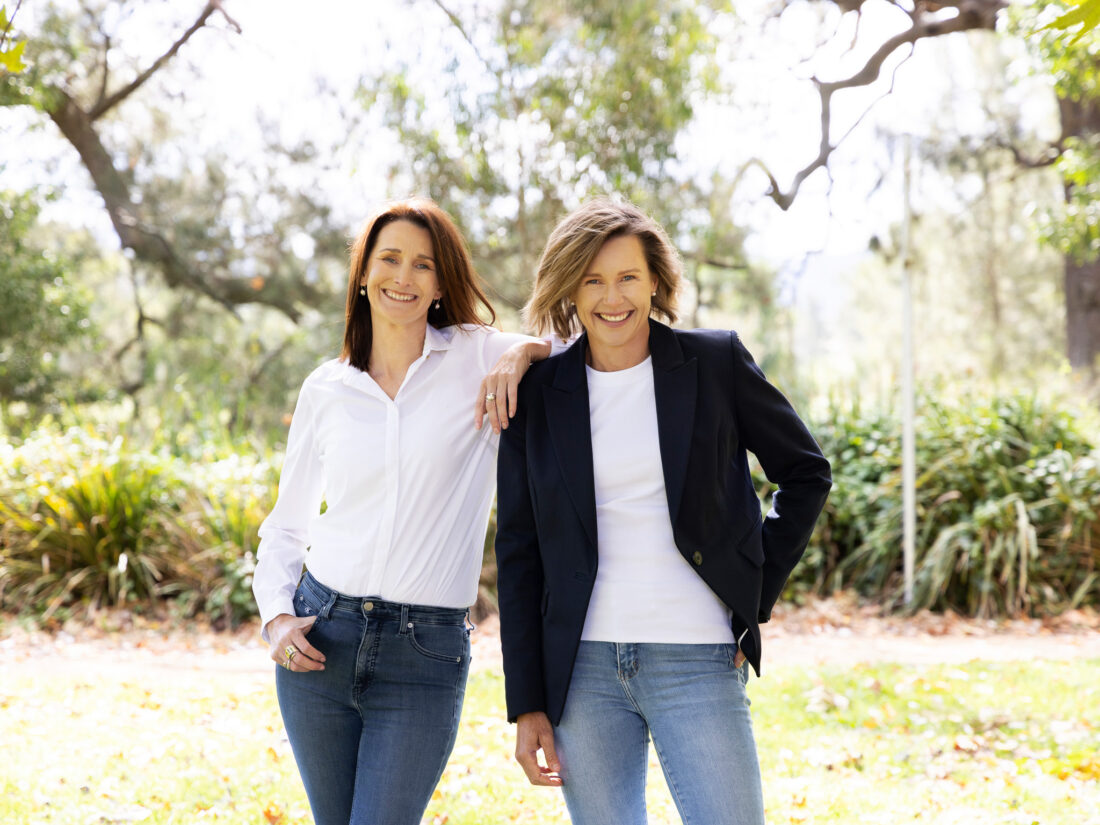Finding your Elvis: What it takes to create awesome regional events
Discussing successful events and festivals with industry legends Linda Tillman and Cathy Treasure.
So we're going to hold a festival, it'll be during the quietest summer months and we'll celebrate a deceased singer who has never even been to Australia - it'll be huge! Can you imagine the original pitch for the Parkes Elvis Festival, now in its 32nd year?
Cathy Treasure, one half of the duo behind the Australian Centre for Regional Events (ACRE), loves the annual celebration of Elvis for its novel idea and authentic connection to locals.
"The people who came up with the idea were playing Elvis music at a party and noticed how everyone enjoyed it," she said. "It was a unique idea, it was quirky and over time it gained local support. Events need to have that buy-in from the community and something unique to that region."

Navigating community support, council requirements, rising costs and finding experienced staff outside the major cities are all challenges for event organisers nationwide. Alongside co-founder Linda Tillman, Cathy runs the Australian Centre for Regional Events, aimed at upskilling the events industry specifically in regional and rural Australia. Their training courses span one-day workshops to multi-year development programs and are designed to equip participants with the tools, knowledge and networks to successfully plan and execute an event.
We chatted with Linda and Cathy about some of the key benefits and challenges on the horizon for the industry.
Events are undeniably beneficial
It's no secret that many events have had to cancel in recent years thanks to challenges like the increasing severity of weather events, rising insurance costs, and a shortage of volunteers.
But, with more than two million trips taken per year to regional festivals and events (Tourism Research Australia), Cathy emphasises their importance for regional communities.
"The economic and social benefits are more substantial to the community than those in bigger cities."
"Events are incredible for regions."
Besides visitor spending, value to regional economies flows in numerous other ways, such as attracting new money (eg state and federal grants) into the local economy or legacies like new infrastructure and upskilled volunteers. And the local workforce benefits whenever event organisers use local suppliers.
But, event management expertise is scarce
Events and festivals may be crucial to regional Australia's tourism industry but, outside the capitals, many of those entrusted with organising one are new to the game. Marketers, tourism officers, community development officers and passionate volunteers often step up to the plate.
"In most country towns or regional areas because of resourcing, someone has to become an expert in marketing, in entertainment, in production, in risk, in safety, in logistics because that one person is doing all the roles," Cathy said.
"That's where burnout happens."
With this in mind, ACRE's training breaks down each phase of the process of planning an event. Cathy said their programs will hopefully save a lot of pain for others.
"We've learned the hard way and the easy way through a lot of experience."
Make your event different
If you're thinking of starting an event or festival, Linda uses the analogy of a pink emu to choose a suitable theme.
"Don't do what everyone else is doing," she advised. "Find a point of difference."
We'd all notice a bright pink emu in a crowd of brown ones, so what does your region have that can provide a backdrop or inspiration for a really memorable experience?
Factoring in climate change
Cathy has worked events impacted by floods, fires, bomb threats and medical emergencies. But the increasing severity of weather events is giving organisers new considerations to factor in.
"Weather patterns are so unpredictable, it makes it a lot more nerve-wracking for event organisers," she said.
Planning an outdoor event means knowing what to do if the worst occurs and cancellation needs to happen. What is the process to follow for staff and the communications required with ticket holders, local government, media and emergency services?
"It should have always happened but it's even more critical now for organisers to do this," Cathy advised.
Attracting volunteers is a skill
A shortage of volunteers isn't going away so Linda and Cathy have developed an entire training module on strategies to attract and retain the right helpers.
"We get people thinking about why people volunteer, what motivates people to volunteer and how your event can contribute to that motivation," Linda said. "It's certainly really important to people at the moment to support things that align to their values. It could be about work experience and building your career, it could be about creating new connections within a community, social motivations. The key is understanding those motivations and knowing how you can match them to different roles within your event."
Casual volunteering is on the rise, something an organiser can harness effectively.
"People will sign up and volunteer for something if they know really clearly when the start date and finish date is and what is expected of them in that timeframe," Linda said.
Succession planning
ACRE's training also places a strong emphasis on succession planning, which Linda cautions is a necessary undertaking when so many events rely on one or two of the same people every year.
"We work with them to put processes into writing, split jobs into smaller roles and delegate specific parts," Linda said.
Sharing knowledge helps
Many of those organising events or festivals are working in isolation yet there's a huge network of people across the country with experience and insights to share.
"Some of the biggest benefits we see are when we introduce events from neighbouring regions to each other," Linda said. "They benefit from sharing ideas and information and local contacts. They often have similar problems and can bounce ideas off each other."
Sharing resources such as volunteers or major expenses are some opportunities.
"Don't be scared to ask for help," Linda said. "People who work in events are so generous in sharing their knowledge and experiences and contacts."
Why do a program with Australian Centre for Regional Events?
The two women have a combined 50 years in the industry, including international, national and regional events which means they're willing to share plenty of useful tools of the trade. Linda said what sets their training programs apart is the practical knowledge, mentoring and experience.
"The biggest challenge people face is not enough time and money. We can't give them more time but we can show them how to actually save time."
Browse the training options available on the Australian Centre for Regional Events website.
Find inspiration for your own regional events
Great at attracting volunteers
-
Woodford Folk Festival "Woodford has built a community where people are so invested in that event and everything it stands for." - Linda
-
Big Red Bash "They're a remote festival and they need hundreds of volunteers so they have a voluntourism program." - Linda
-
Grazing down the Lachlan "They were quite targeted in recruitment for specific roles to try to build that really strong community and teamwork" - Cathy
Branding and marketing to admire
-
Kingaroy Baconfest "Everything they do is just a play on bacon puns and pigs. They have a fabulous brand and they are so good at being on-brand at everything they do." - Linda
-
Kaleido Mullumbimby "This was a brand new event and they did our program first. I watched what they did on social media to create a brand from scratch and it was fabulous" - Cathy
Unique and exciting experiences
"There's so many events in the regions that are doing this fabulously that I really hate singling any out," Cathy said.
-
Broken Hill Mundi Mundi Bash "Fabulous in terms of creating an event experience" - Cathy
-
Deni Ute Muster "They're always doing something new within their entertainment line-up" - Cathy

